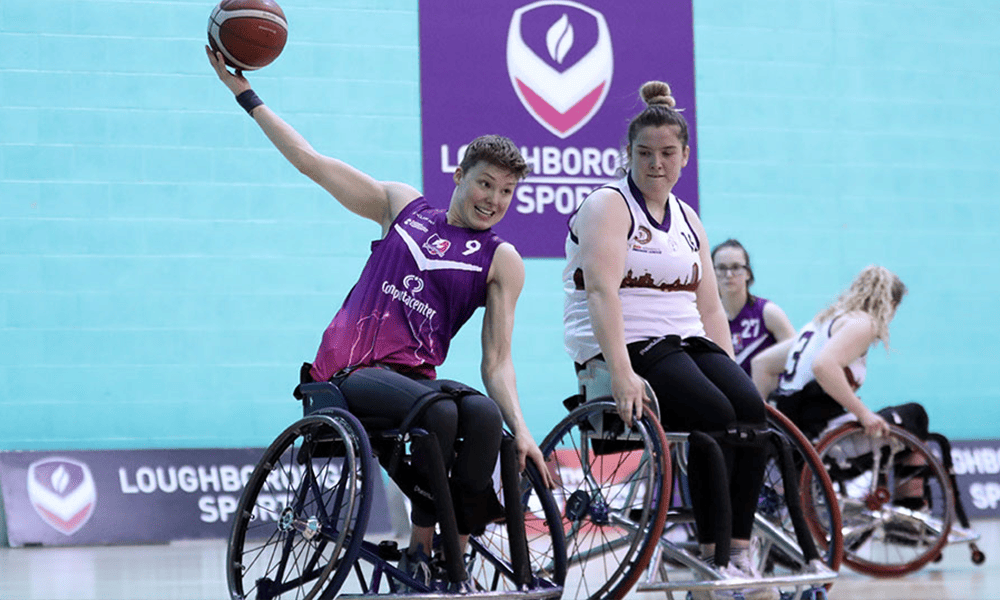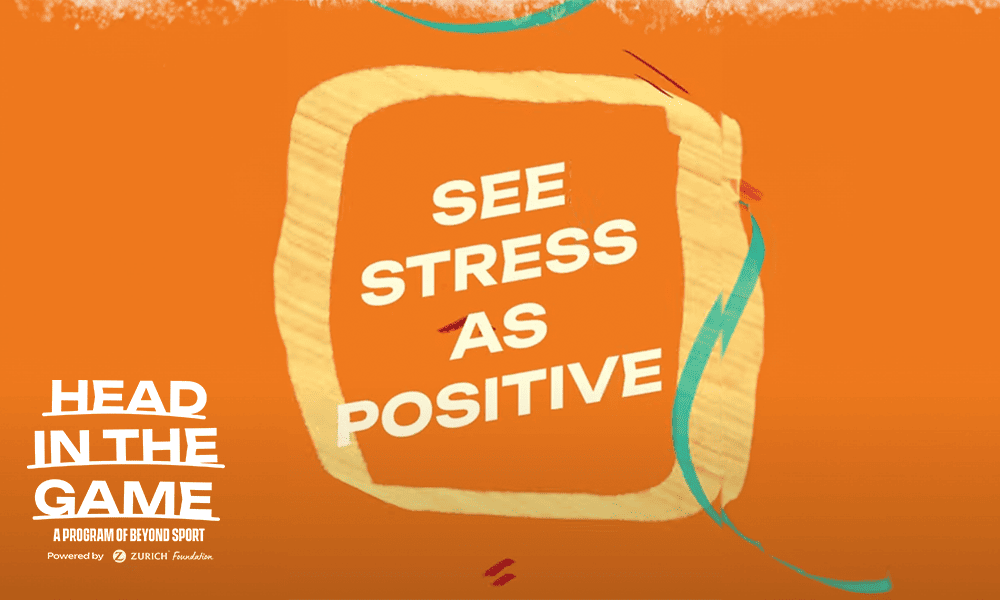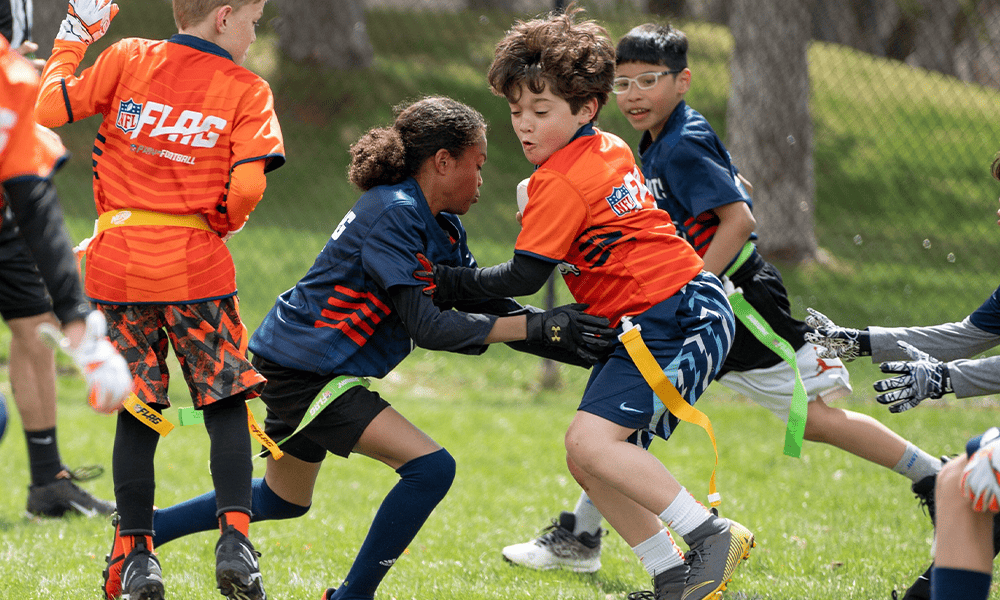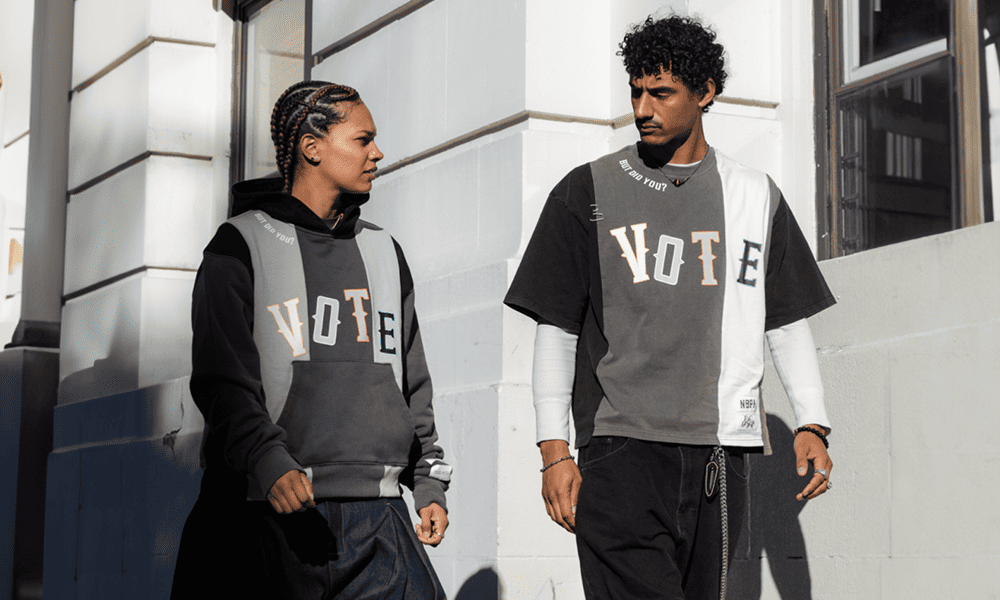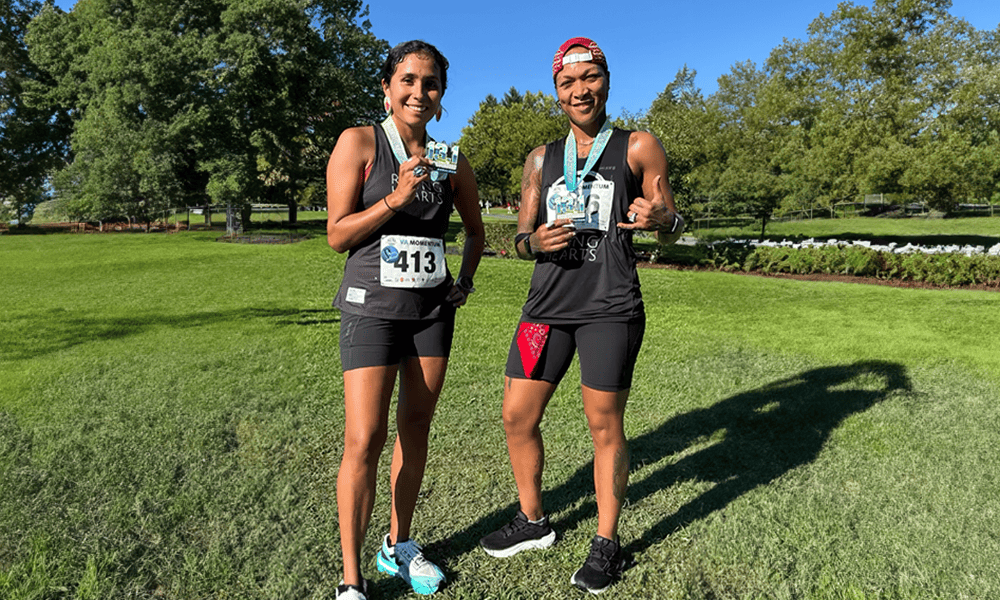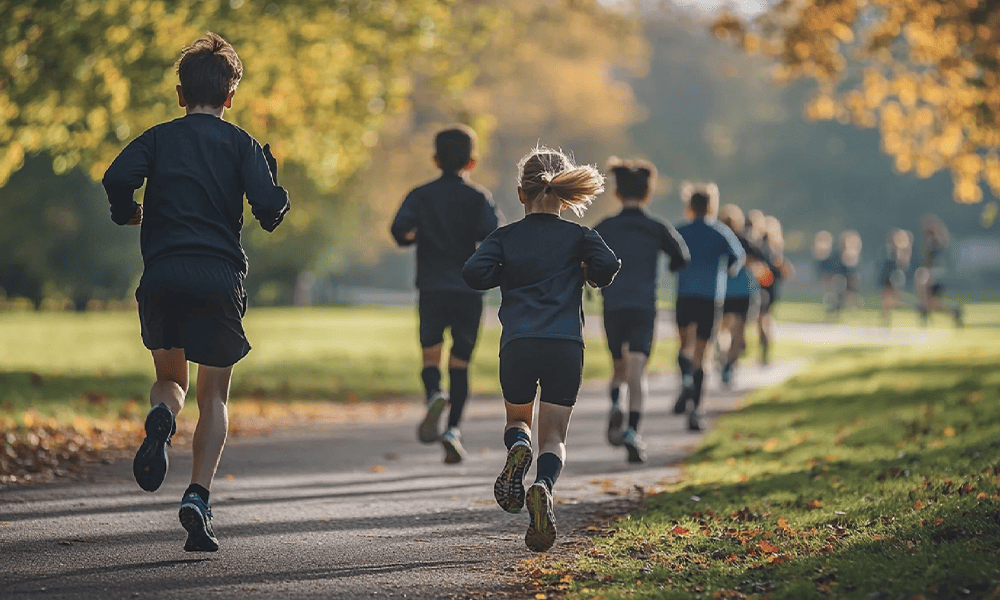April 21, 2023
Last week, we shared the process of creating the collaborative, community-based Sport Together Fund delivered by Beyond Sport as well as thoughts from our Fund’s Expert Advisory Group (EAG) on the refugee experience. Today, EAG member, Lam Joar, shares on how his own experiences as a refugee and athleted inspire his advocacy work and the benefits of of the Fund.
Matthew Lam Joar fled war-torn South Sudan at the age of 15 and became a refugee in Kenya. “There was a lot of fighting, insecurities, we’d run from our homes and go to the forest and hide,” he said. “That was during the fighting between the Arabs and South Sudanese before we had South Sudan as a country, and the Arabs would come and burn our houses and village.” While in Kenya he heard that Tegla Loroupe, World Champion, Olympian and former world record-holder in the marathon, was recruiting athletes for a new project. In partnership with UNHCR, the United Nations Refugee Agency, the Tegla Loroupe Peace Foundation was looking to identify, mentor and train talented refugee athletes.
Having a passion for sports and being a professional athlete, Lam tried out for the project, which led him to be among the first group from which the first Refugee Olympic Team was selected in 2016. He later attended the 2020 Tokyo Olympics as a Team Assistant. Lam moved to the UK to pursue his master’s at the University of Oxford studying refugees and forced migration – a subject that has defined the latter part of his life. He is currently working to extend his research into a PhD.
Lam spoke to us about his Olympic experience, his view on sports power to help rebuild the lives of refugees and migrants and being part of the Sport Together Fund (STF):

How do you feel the Refugee Olympic Team is helping to raise awareness of the plights of refugees and asylum seekers and driving sports involvement on the issue?
Although I never imagined having the opportunity that would transform my life for the better, I was fortunate to be among the first group of Refugee Athletes to train for a team that would make history at the Olympics 2016. Refugee sports, in my opinion, have done a great deal to draw public attention to the issues of refugees and to hear stories of refugees around the world. It also created a platform for refugees to showcase their talents and how we can achieve more if given the chance.
You were the team assistant for the 2020 Olympics in Tokyo – what was it like behind the scenes?
I lack words to describe the experience and the feeling I had accompanying the team to the Olympics. There may be other responsibilities, but in my opinion, an Olympic athlete’s primary responsibility is to focus on their events and all it takes. Apart from being available to help the team, I had responsibilities focused on improving the athletes’ welfare. I am happy with how my contributions benefited the team. I assisted the running team by working closely with their coaches. I was also added to the Tokyo 2020 organizers group to have access to information that runners must know before their competitions which I then passed to the athletes.
You recently become a member of the Olympic Refuge Foundation Think Tank. Can you tell us about its goals?
I’ve been involved with the Olympic Refuge Foundation in different capacities for many years, and am proud to support their goal of reaching one million young people affected by displacement by 2024. I’m motivated to support their movement because I believe in sports.

Last year you completed your master’s degree at Oxford where your research focused on how participating in elite sport shapes refugees’ integration and belonging based on your study of the Refugee Olympics team. Can you share some of your key learnings?
Sport has a significant impact on improving lives and bringing people from diverse backgrounds together. The world is fascinated by the refugee team because they have overcome many odds to compete in a collaborative event like an Olympics. Refugee participation in sports gradually modifies how society views refugees. However, despite the Olympic Refugee Team having everybody’s support during the 2016 and 2020 Olympic games, there’s been no change in the perception and attitudes of societies towards refugees, especially from the receiving end. Some countries still find it difficult to welcome refugees and support them to restart their lives and nurture their talents. Sports should be utilized and promoted to be accessible to all as it is a tool that is frequently used to solve other social issues.
How has your own refugee experience motivated you to help others?
“Refugee” is a restrictive status; it is hard to make it out of the camps without external support or a network of good people who see potential in you. It could’ve been difficult for me to get where I am today without the help and guidance of a good network. Many young refugees want to follow in my footsteps, which puts me in a position to help and be a role model. I am inspired to inspire and help others.
Out of all your advocacy work for refugees, what are you most proud of achieving?
In addition to hard work, I believe I’ve been fortunate because very few people get accepted to the University of Oxford and not all the best athletes/officials get the opportunity to be at the Olympics. I think attending both is an accomplishment.

You’re now a Programmes Officer for One Young World, a global forum for young leaders. How has it been working with young people who are on the frontline of change?
I am one of the lucky few to work for One Young World and one of the young leaders whose life was changed by being part of the One Young World community. The colleagues that I work with are incredible and extensively experienced in their fields. I am involved in program development and implementation. I am having a tangible impact on young people and hearing how our actions are making a difference in people’s lives is rewarding. In addition, having the opportunity to connect with many young leaders from over 196 countries is amazing.
What made you want to be a part of the Sport Together Fund?
The funding supports grassroots sports-based community programs that directly benefit the underprivileged, promote sports accessibility and support capacity development. This aids young people in building capacity, as well as leadership initiatives that, in my opinion, develop responsible leaders for a world where everyone belongs. These things connect all of us and I am grateful to be a part of a program with this much significance.
Learn more about the Sport Together Fund and how you can help support.
